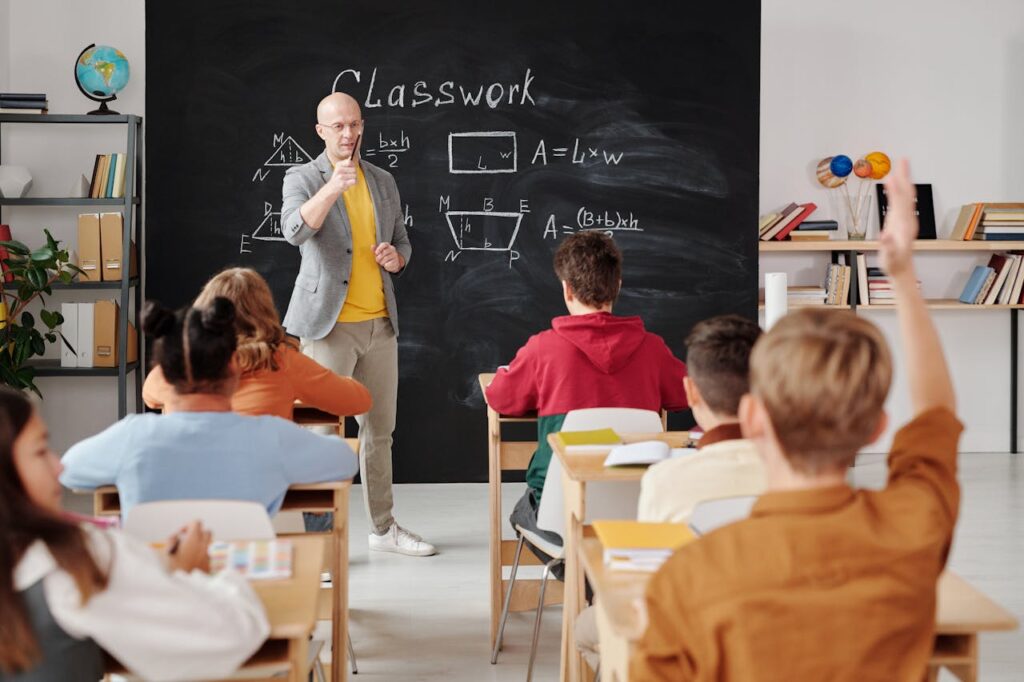

Modern education isn’t just about test scores and memorizing facts. In a world shaped by rapid technological change, soft skills like communication, problem-solving, and leadership have become essential for personal development and future career success. Whether students aim to thrive in a competitive job market, build meaningful personal relationships, or innovate in a global environment, these three abilities form a solid foundation.

The ability to convey ideas effectively—whether verbally, in writing, or through digital channels—allows people to collaborate across cultures, industries, and disciplines. Students who learn to communicate clearly often become stronger team players, more persuasive speakers, and better listeners.
Modern careers require adaptability and creative thinking, not just rote knowledge. Problem-solving skills enable individuals to approach challenges methodically, brainstorm solutions, and adapt quickly to new information or obstacles.
Leadership is about motivating and guiding others, irrespective of official titles. Students with strong leadership traits can manage group projects, inspire peers, and eventually excel in managerial or entrepreneurial roles.

The question is: How do we integrate these skills into a system often focused on exams and standardized metrics? Fortunately, there are practical methods to encourage communication, problem-solving, and leadership in schools.

Today’s youth, often referred to as the “Alpha Generation,” have grown up with an abundance of digital tools and global connections. According to our insights on Generation Alpha, these students are accustomed to immediate feedback, interactive content, and high-tech learning methods.

While technology (especially VR) is often viewed as primarily beneficial for academic content like biology or chemistry, it can also enrich communication and leadership:
For a closer look at how immersive experiences can combat disengagement and spur deeper learning, explore why hands-on digital environments improve STEM engagement.
Some educators worry about technology overshadowing human interaction. But tools like interactive simulations or AI tutoring aren’t replacements for teachers; they’re assets that free educators to focus on genuine mentorship. By automating tedious tasks or offering quick data-driven insights, teachers can dedicate more time to building these essential soft skills.
Envision a classroom where:
As a result, young people become better communicators, adept problem-solvers, and natural leaders. When they step into higher education or the workforce, they carry both technical know-how and personal competencies that shape them into influential figures in their chosen fields.
Soft skills like communication, problem-solving, and leadership aren’t just buzzwords—they’re foundational qualities that set students on a path to success in school, careers, and life. Incorporating these competencies into the educational framework requires thoughtful planning, project-based methods, innovative technologies, and an openness to new ideas.
At XReady Lab, we embrace the potential of cutting-edge solutions to nurture these vital traits. By blending traditional pedagogy with modern strategies—ranging from AI-driven personalization to immersive simulations—educators can unlock every child’s potential for deeper engagement, empathy, and leadership.
Frequently Asked
We prodive VR biology, VR physics, and VR chemistry simulations. Please, check our catalog.
Please, fill the form to get demo labs for free.
Please contact our customer support service at support@xreadylab.com or book a call with the team to find out the conditions and book the VR class set up at your school.
Subscription to XReady Lab interactive VR labs. If you are a school, then you are also given access to the VR classroom system. VR class system helps you easily launch VR lessons for a large number of students, follow the experience of each student, as well as customise the content without developers.
We adhere to the world’s generally accepted recommendations and research. Our products are suitable for children from 12 years old.